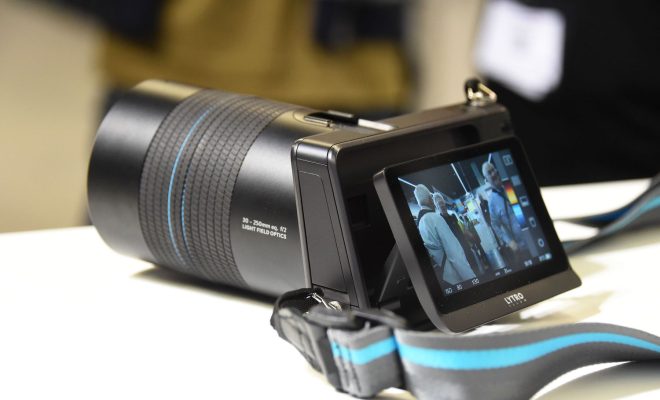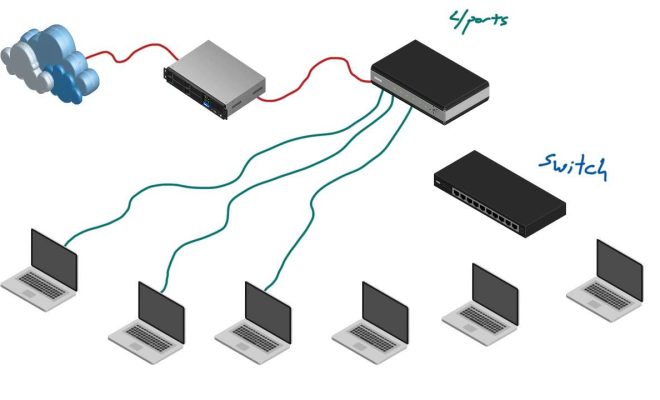Future Camera Technological Advances

In the past few years, we have seen incredible technological advancements in camera equipment. As technology continues to evolve at an exponential rate, it’s exciting to think about what the future holds for the camera industry. In this article, we will explore some potential technological advances that will shape the future of photography.
1. Augmented Reality
Augmented reality (AR) is already becoming widely popular, particularly in the gaming industry. But it is also beginning to make its way into photography. With AR, photographers can overlay digital information onto real-world photos or video. This technology could enhance the photography experience by allowing the user to see additional information about the location, the people, or the objects within the visual frame.
For instance, a photographer could snap a photo of a landmark or a tourist attraction, and then the AR technology would overlay detailed information about the building’s history, or the tourist attraction’s origins. Additionally, AR could also be used to add digital elements to your photographs, for instance, by adding digital filters, selective enhancements or even animations.
2. Artificial Intelligence
Artificial intelligence (AI) has advanced massively over the past decade. Facial recognition technology is one area where AI has made significant developments. In photography, this technology could be used for various purposes, such as improving facial recognition in software or identifying body postures and suggesting alternative lighting set-ups.
Additionally, AI can also learn from the editing process, recommending future suggestions. With the help of AI, you can train your editing styles into the software, and it can suggest changes that you would usually make in your editing phase. Therefore, it will provide a more personalized editing experience to people with different editing techniques.
3. Computational Photography
Computational photography merges advanced image processing techniques with hardware designs to produce high-quality images. Through this technique, cameras can achieve sharp images with enhanced dynamic ranges, vibrant colors, and increased detail.
Furthermore, computational photography could affect the photography industry in several ways, such as advanced image reconstructions, better upscaling techniques, and more advanced depth estimation. This technique has the potential of more accuracy by estimating depth in images using multi-layer neural networks that could lead to more dynamic and realistic capabilities.
4. Mobile Connectivity
Mobile connectivity has been a massive game-changer in the camera industry over the past few years. Smart devices have camera features that rival most high-end cameras in professional photography. Future cameras could have better mobile connectivity with modern-day devices, leading to improved syncing and image transfer technology.
Further digital features could actively connect to the internet, stream images to the cloud and let you control your camera remotely from your smartphone. Smartphones could become the perfect tool to surge into the realm of photography and become more accessible and affordable to the audience.
These advancements in camera technology give photographers a wide range of new possibilities, whether it’s improved image quality, better connectivity, or compositional information. With new technology on the horizon, we can expect even more advanced cameras that will push the industry’s boundaries. Therefore, keep an eye out for new camera gadgets that can undoubtedly enhance their photography experience.






